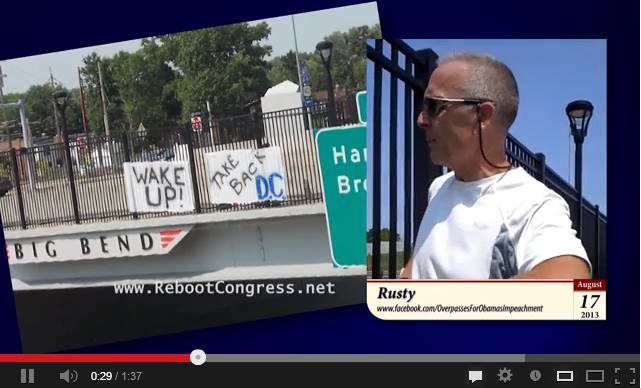Submitted by: William Finley
America
has drifted farther away from its original spiritual, religious, and
moral moorings than at any point in the past. Those moorings were
identified by French historian and politician Alexis de Tocqueville in
his monumental 1835 literary masterpiece, Democracy in America, published after a visit to America in 1831-1832:
[T]here is no country in the world where the Christian religion
retains a greater influence over the souls of men than in America; and
there can be no greater proof of its utility and of its conformity to
human nature than that its influence is powerfully felt over the most
enlightened and free nation of the earth....Christianity,
therefore, reigns without obstacle, by universal consent; the
consequence is, as I have before observed, that every principle of the
moral world is fixed and determinate.... [T]he revolutionists of America
are obliged to profess an ostensible respect for Christian morality
and equity, which does not permit them to violate wantonly the laws
that oppose their designs.... [W]hile the law permits the Americans to
do what they please, religion prevents them from conceiving, and forbids
them to commit, what is rash or unjust.... I do not know whether all
Americans have a sincere faith in their religion—for who can search the
human heart?—but I am certain that they hold it to be indispensable to
the maintenance of republican institutions. This opinion is not peculiar
to a class of citizens or to a party, but it belongs to the whole
nation and to every rank of society.... The Americans combine the
notions of Christianity and of liberty so intimately in their minds that it is impossible to make them conceive the one without the other.... How
is it possible that society should escape destruction if the moral tie
is not strengthened in proportion as the political tie is relaxed? And
what can be done with a people who are their own masters if they are not
submissive to the Deity? (1945, 1:303-307, emp. added).





